The ultimate guide to digital detox travel

The average smartphone user checks their devices every five minutes, with 81% of Brits checking their phones before even getting out of bed in the morning*. However, heavy smartphone use can cause higher rates of anxiety and increase sleep deprivation. Those who take regular digital detoxes report increased feelings of peace and mental clarity, better sleep quality, and improved face-to-face relationships.
In the last 5 years, searches for “digital detox” have increased by over 112%, according to Google Trends search data. More Brits are looking into digital detoxes to reduce their screen time and reconnect with themselves and their world around them.
So, we’ve decided to share our top tips on how to select a destination for a digital detox holiday, as well as recommending five destinations to help you decide where to go for the best unplugged trip.
5 things to prioritise in a detox destination
Contents:
- Low or non-existent connectivity
- Nature
- Offline activities
- Zero digital policy by the venue
- Additional health focuses
1. Low or non-existent connectivity
Opting for somewhere that doesn’t have strong Wi-Fi or 4G connectivity removes the temptation to connect and enforces a compulsory internet detachment rather than relying on willpower alone. It removes the option, so staying off devices is easier and often less effort than hunting for a phone signal or Wi-Fi.
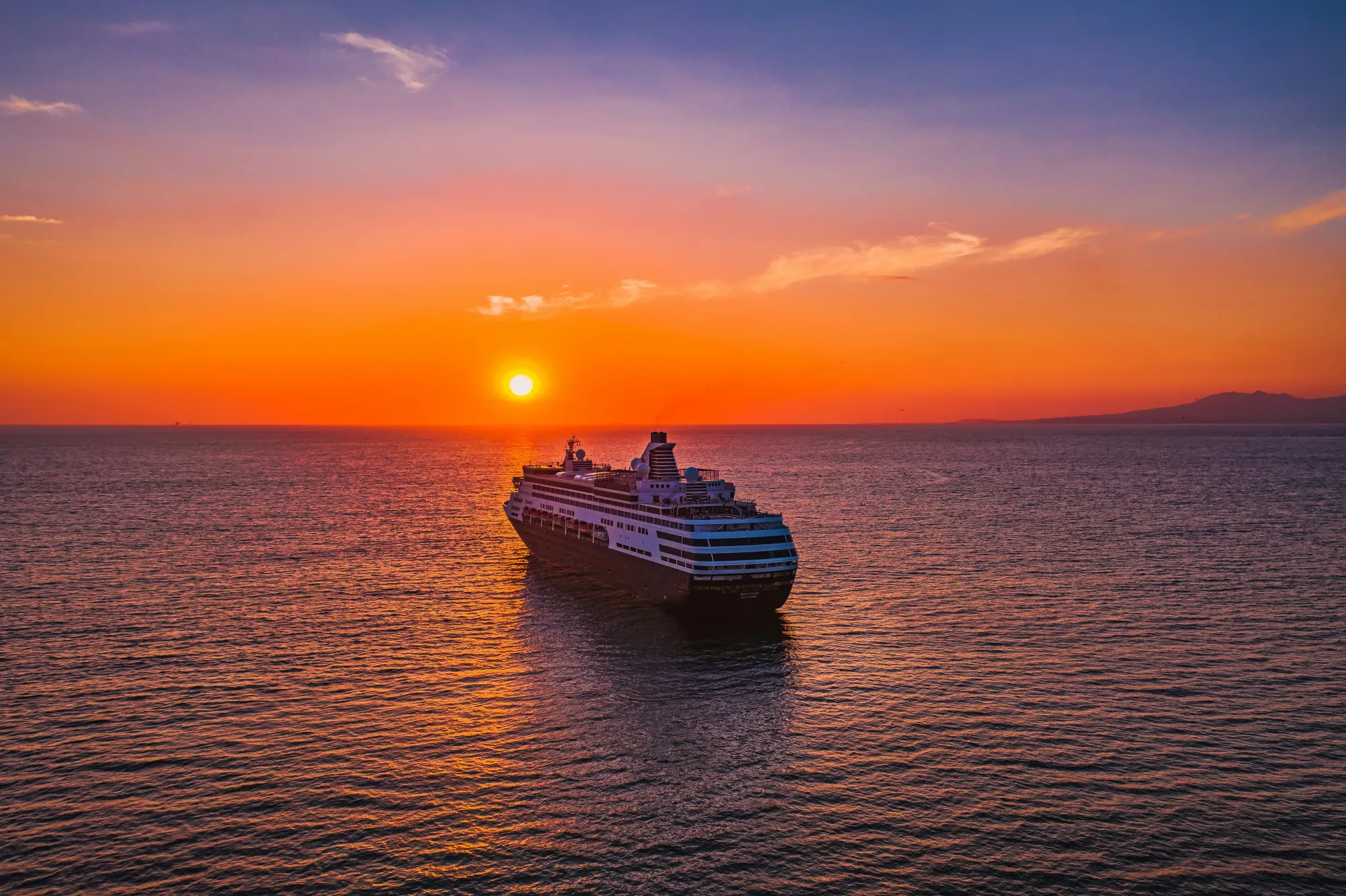
Cruises are a great option for a digital detox because at sea, there is limited 4G connection, and Wi-Fi is generally an added, payable extra. So it’s easy to put your phone on aeroplane mode, disconnect from screens, and reconnect with the real world by embracing onboard activities and time with loved ones.
2. Nature
Reconnecting with nature is a great way to take a break from your phone. Activities like "forest bathing" can greatly improve psychological well-being. This includes reducing stress and anxiety, boosting mood, and enhancing cognitive function, partly due to inhaling phytoncides (antimicrobial oils released by trees).
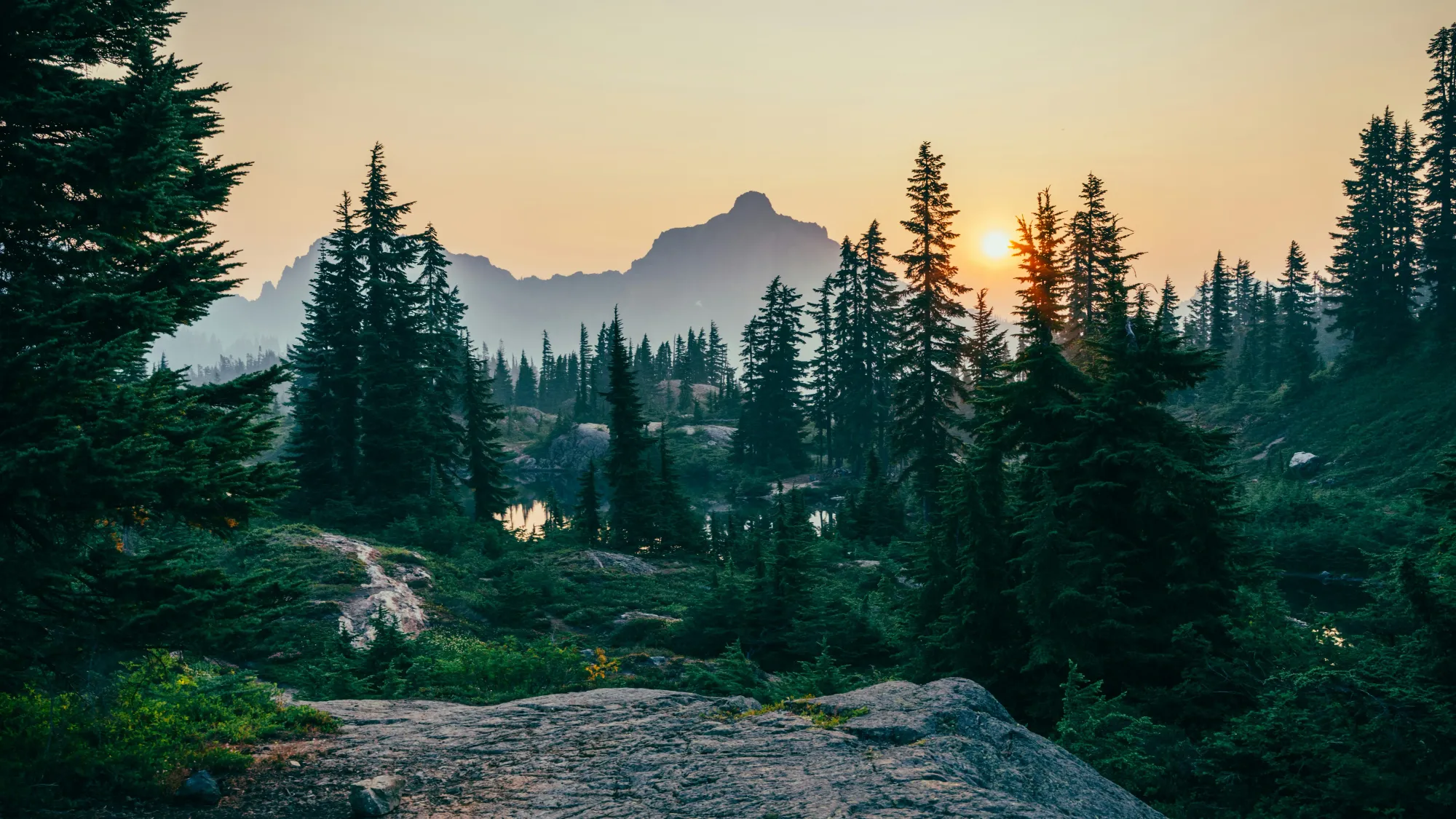
Immerse yourself in nature through activities like hiking, camping, skiing, or visiting national parks. Embrace simplicity and a digital-free experience by stripping back to the basics and heading for the hills or deep countryside.
3. Offline activities
To truly disconnect, choose destinations rich in accessible offline activities. Prioritise places offering diverse cultural experiences, such as UNESCO Heritage sites and national parks, or engage in local opportunities like cooking classes and immersive tours.
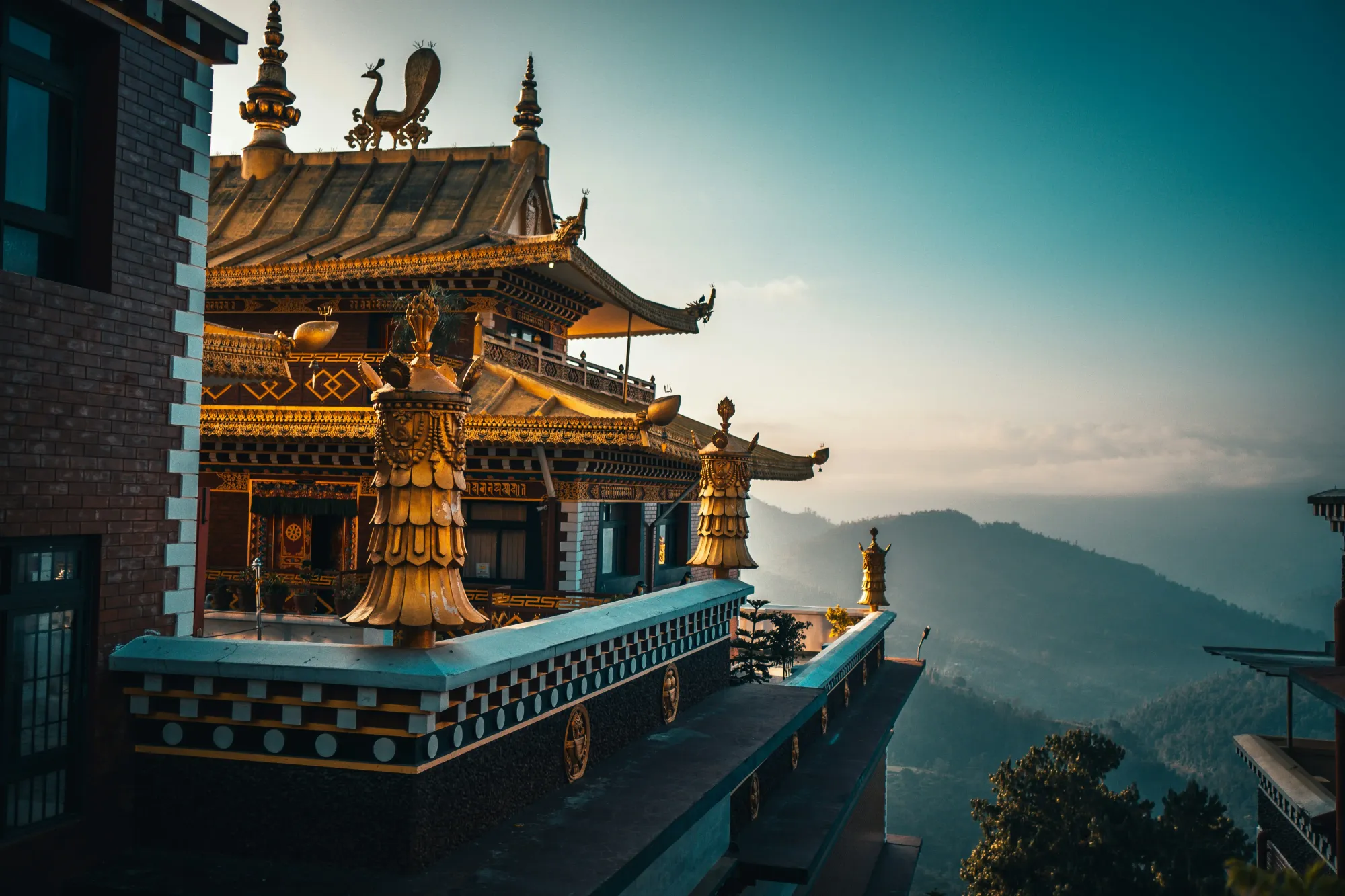
To maximise this opportunity for a digital detox, dedicate time to creating a detailed, day-by-day itinerary before your trip begins. By pre-scheduling a full plan of activities, you ensure a structured trip that keeps you engaged with the destination and minimises the mental space for checking emails or scrolling social media. The easier it is to take part in these activities nearby, the more likely you are to stay off your devices and embrace genuine human connection.
4. Zero digital policy by the venue
Cafes and hotels are increasingly discouraging laptop use, and some even opt not to provide Wi-Fi. The intention behind this shift is to encourage guests to engage with their immediate surroundings and with each other, rather than being absorbed in their screens. It creates an atmosphere that prioritises real-world connection and appreciation of the venue's environment.
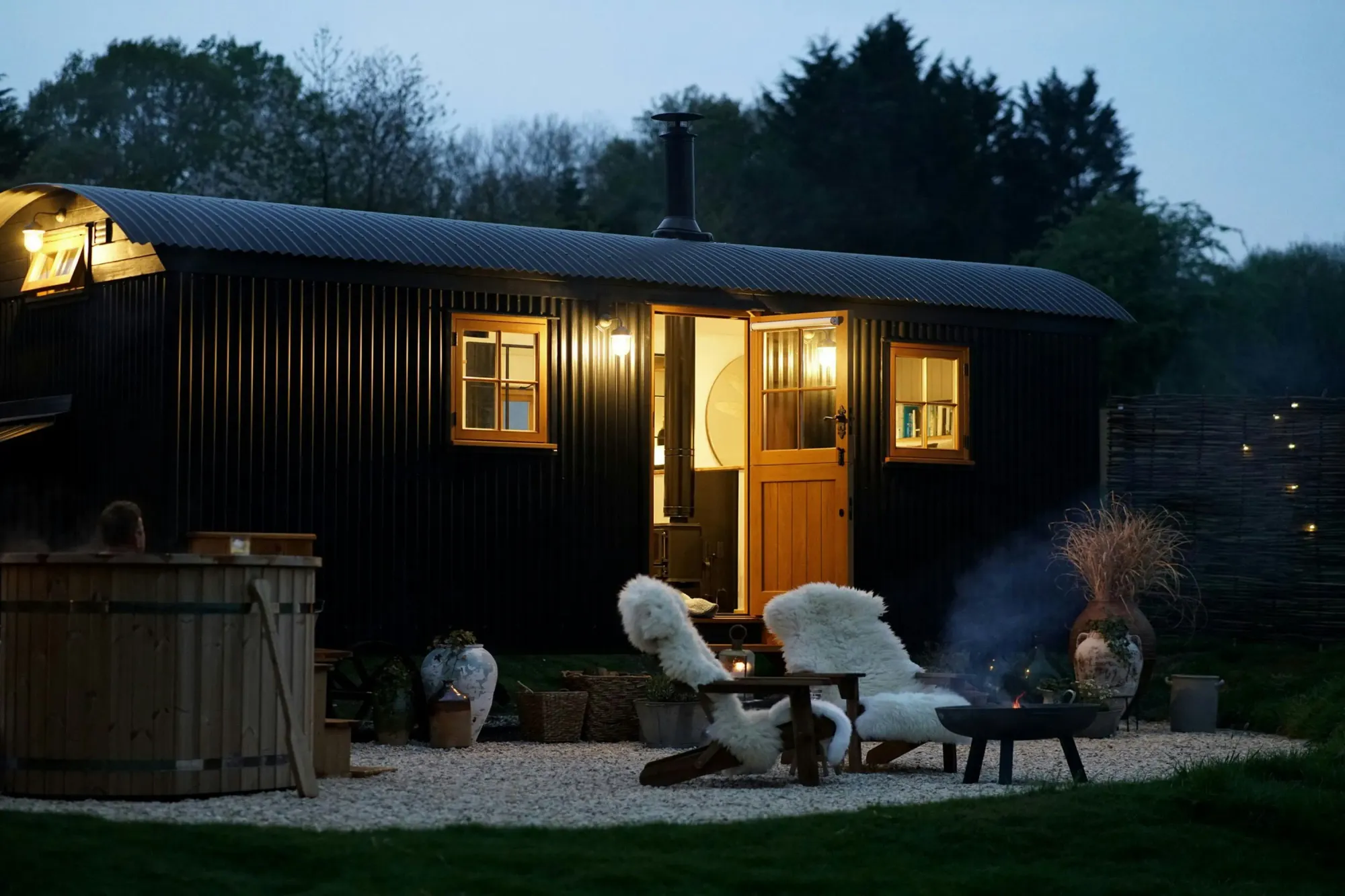
Look into accommodation that encourages digital detoxes, like Unplugged, which is a group of digital detox cabins around the UK., They provide guests with an amnesty box for their phones to store away during their stay, an old school Nokia for emergencies, and an instant camera to capture memories on. Another popular digital detox option is Canopy & Stars, which offers a quirky collection of treehouses, cabins, shepherd's huts, yurts, and other luxury glamping places in the UK and Europe.
5. Additional health focuses
When considering destinations for a digital detox, a strong emphasis on health and wellness is often a key indicator. These locations typically adopt a holistic approach to well-being, creating environments that encourage disconnection from technology.
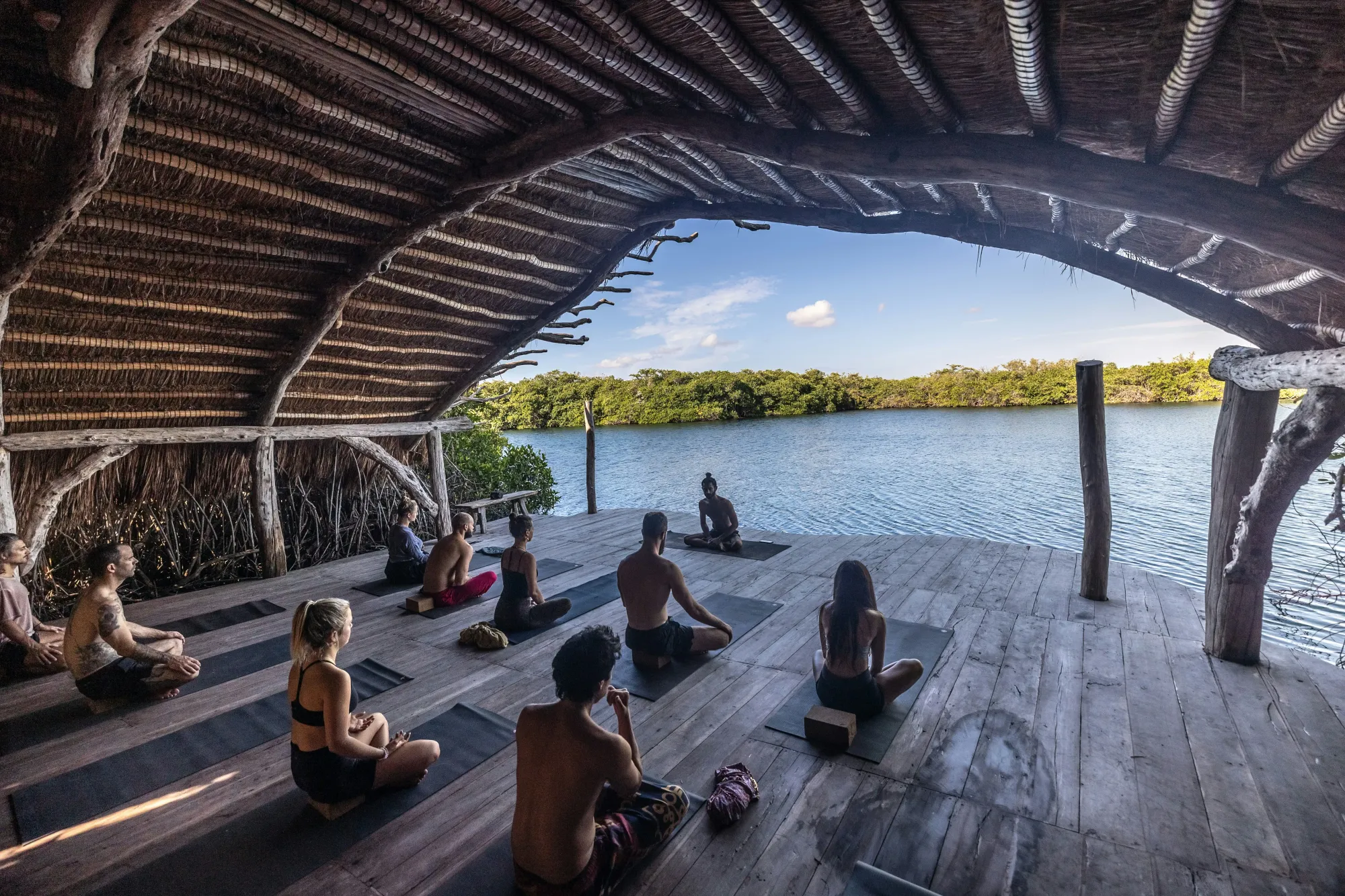
This commitment to health often lends itself to a rich offering of retreats. Visitors can expect to find various options for rejuvenating activities, such as yoga in Bali or Rishikesh in India, the “yoga capital,” or a meditation retreat in Japan or Thailand, designed to promote mental and physical well-being. Book Retreats and Tripaneer can be used to search for structured programmes around the world.
Our 5 top recommended European destinations for unplugging
The selection of five countries for a digital detox was determined by ranking them on their percentage of national forest coverage, as this metric serves as an indicator of access to deep nature immersion, quiet spaces, and more offline activities.
Contents:
1. Finland
(73.7% of forestry)
Finland stands out as Europe's leading country for a digital detox, with the highest percentage of forestry. Its vast countryside, strong sauna culture (with over 3 million saunas in the country), and some of the cleanest air in the world emphasise its health and wellness properties, making it an ideal destination.
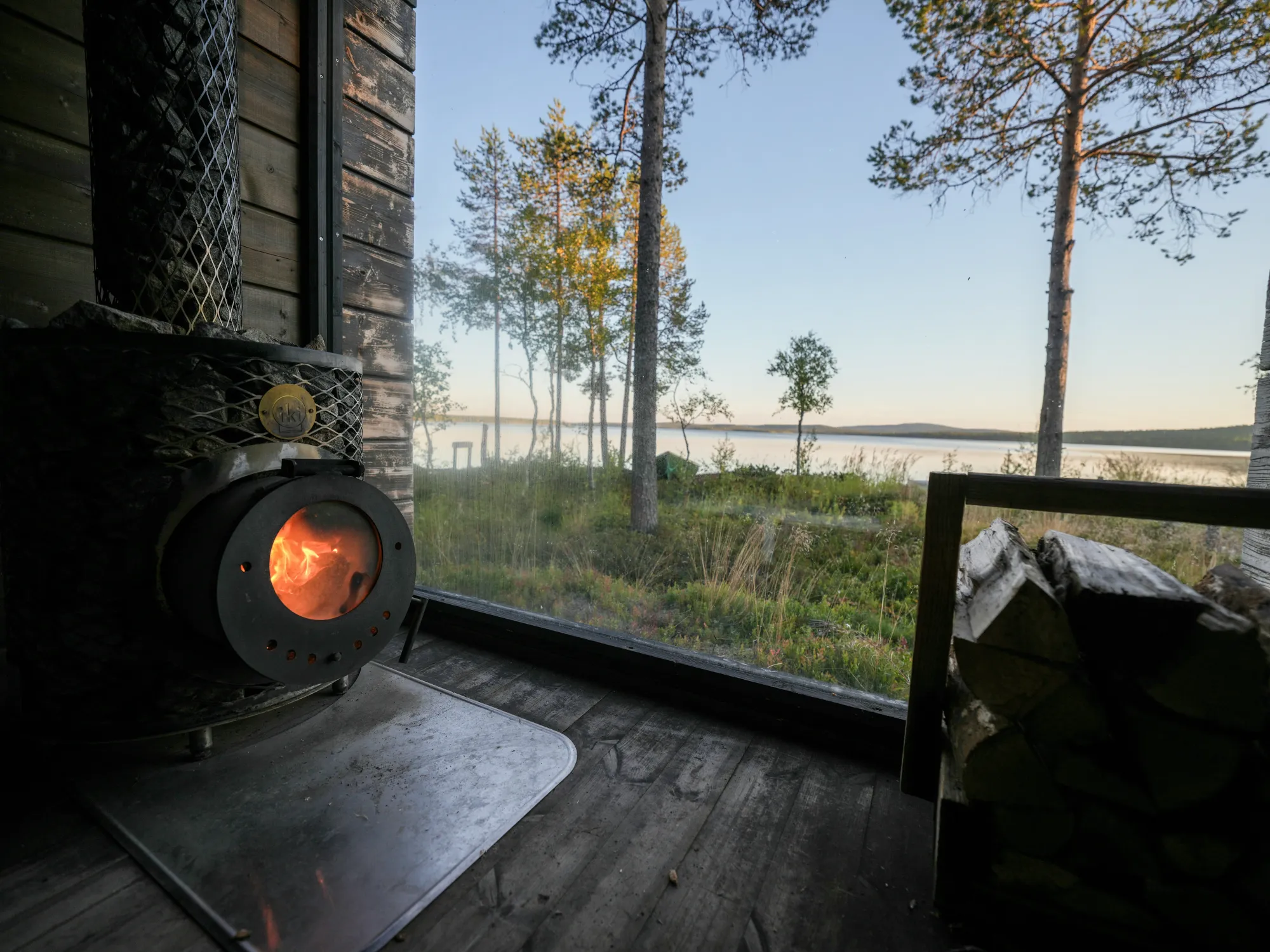
In Finnish culture, silence and mindfulness are often encouraged and practised by all ages. This is known as Hiljaisuus, or the power of silence, and naturally encourages slow, mindful activities like walking and contemplation without the urge to talk or fill the space with digital noise.
Recommended area for unplugging:
Ulko-Tammio, which is a small, uninhabited island in the Eastern Gulf of Finland National Park, declared itself the world's first "phone-free" tourist zone. Visitors are encouraged to put their devices away and focus instead on hiking, birdwatching from its tower, and exploring its rugged nature and wartime remnants like a preserved tunnel and cannons.
2. Sweden
(68.7% of forestry)
Sweden is an excellent choice for a digital detox, with 68.7% of the country covered in nature, including forests, lakes, mountains, and national parks. The country has a deep-rooted history of spending time outdoors, with the right of public access allowing visitors to explore the vast countryside all year round. This freedom is reinforced by Swedish cultural concepts like the "free-air life" which revolves around the value of spending time in nature and the deep spiritual, mental, and physical connectedness to the outdoors.
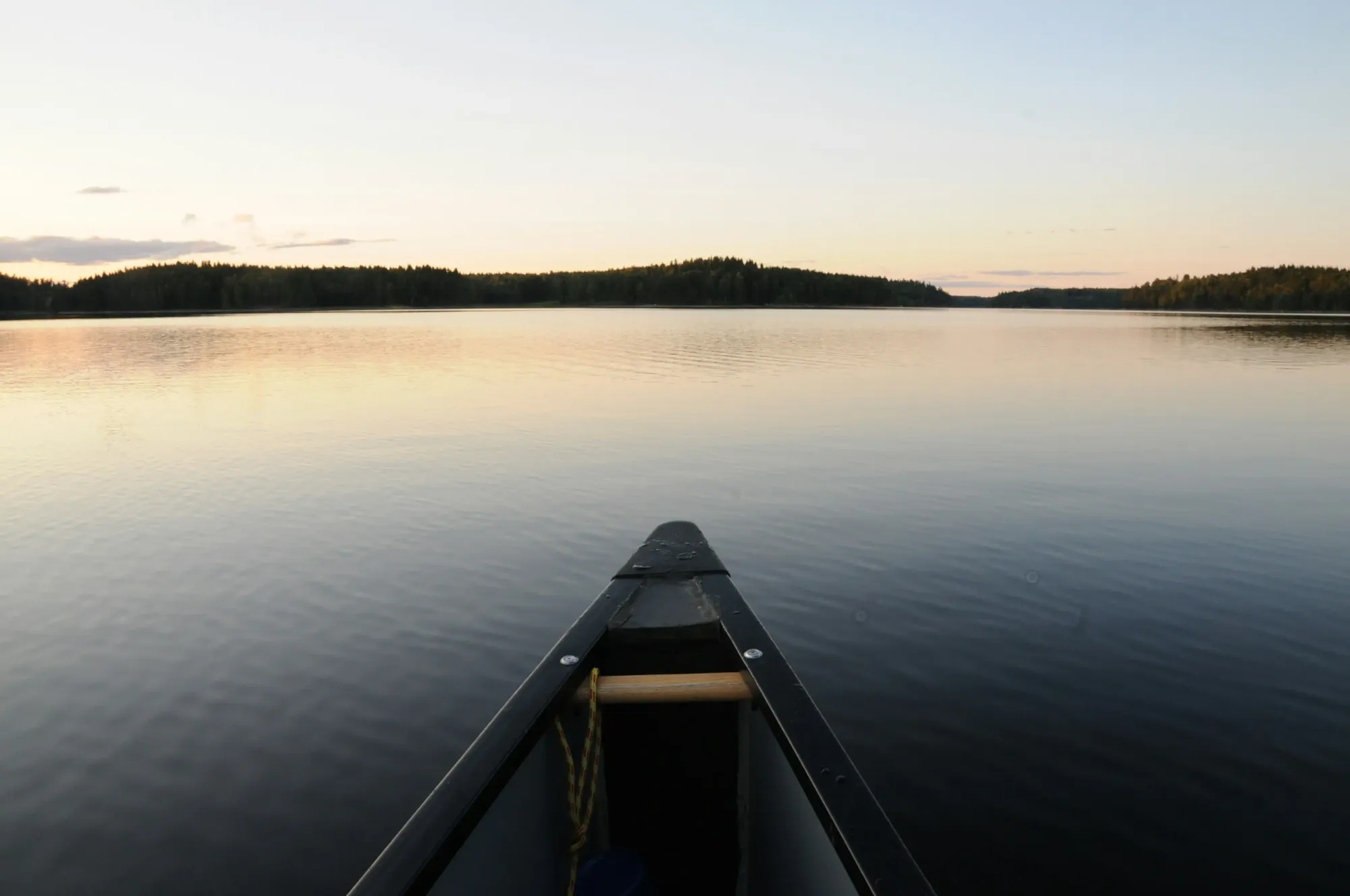
Recommended area for unplugging:
Dalsland, a region in Western Sweden, has become famous for its dedicated digital detox tourism. This focus is highlighted by the unique "72 Hour Cabins," glass retreats specifically designed for a three-day stay. This 72-hour period has been scientifically tested and confirmed as the optimal time for the brain to transition from constant alertness to deep rest. Beyond these programs, the region also offers numerous private "Hermitage" cabins that are completely off-grid, often lacking electricity or running water to force a profound disconnection beside a serene lake or along the canals.
3. Montenegro
(61.7% of forestry)
Montenegro is ideal for a digital detox due to its diverse natural environment, which includes coastlines, mountains, and national parks. The country encourages a disconnect from technology by offering numerous immersive, mindful activities, such as hiking, yoga, creative retreats, and the enjoyment of organic local food. Montenegro’s detox is less about luxury cabins and more about embracing hikes, silence, and the simplicity of life in a mountainous, low-population environment.
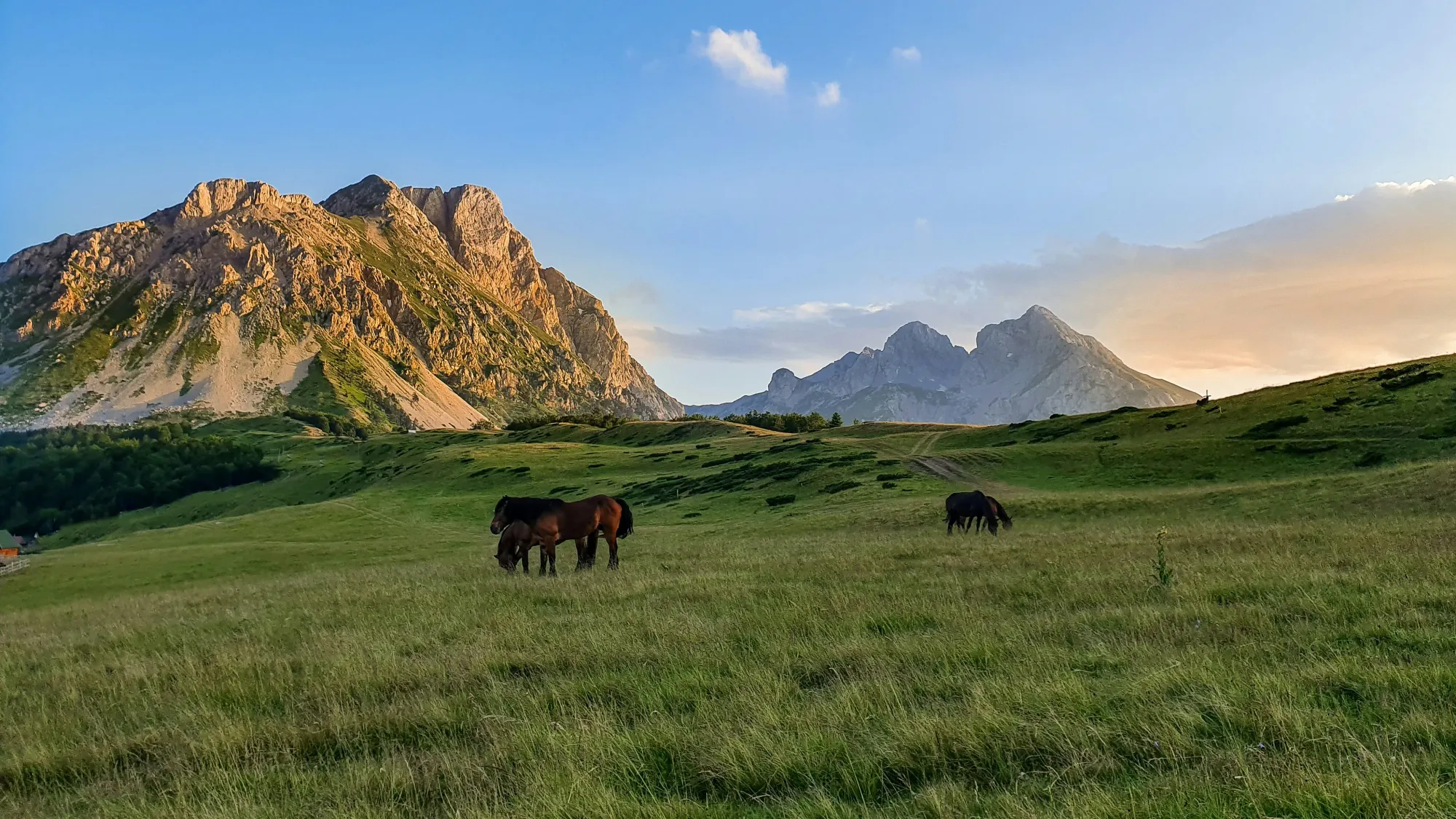
Recommended area for unplugging:
Prokletije National Park boasts over 1700 plant species and is an ideal location for unplugging. Visitors are drawn by natural wonders such as the Ali Paša Springs, which have mineral-rich water believed to possess health benefits, so locals drink directly from it, whilst admiring the surrounding countryside. The glacial Hridsko Lake is also popular to visit as it is one of the highest lakes in the country, at 1970m above sea level, and despite its cold year-round temperature, locals say swimming here brings luck and happiness, hence its nickname, the "Lake of Happiness". Plus, the simple act of immersing oneself in open water is also said to reduce anxiety and strengthen the immune system.
4. Slovenia
(61.2% of forestry)
Slovenia is an excellent destination for a digital detox as it is the world’s first certified sustainable country. Numerous maintained hiking and cycling trails take you through picturesque rivers, forests, and mountains, providing the perfect opportunity to disconnect.
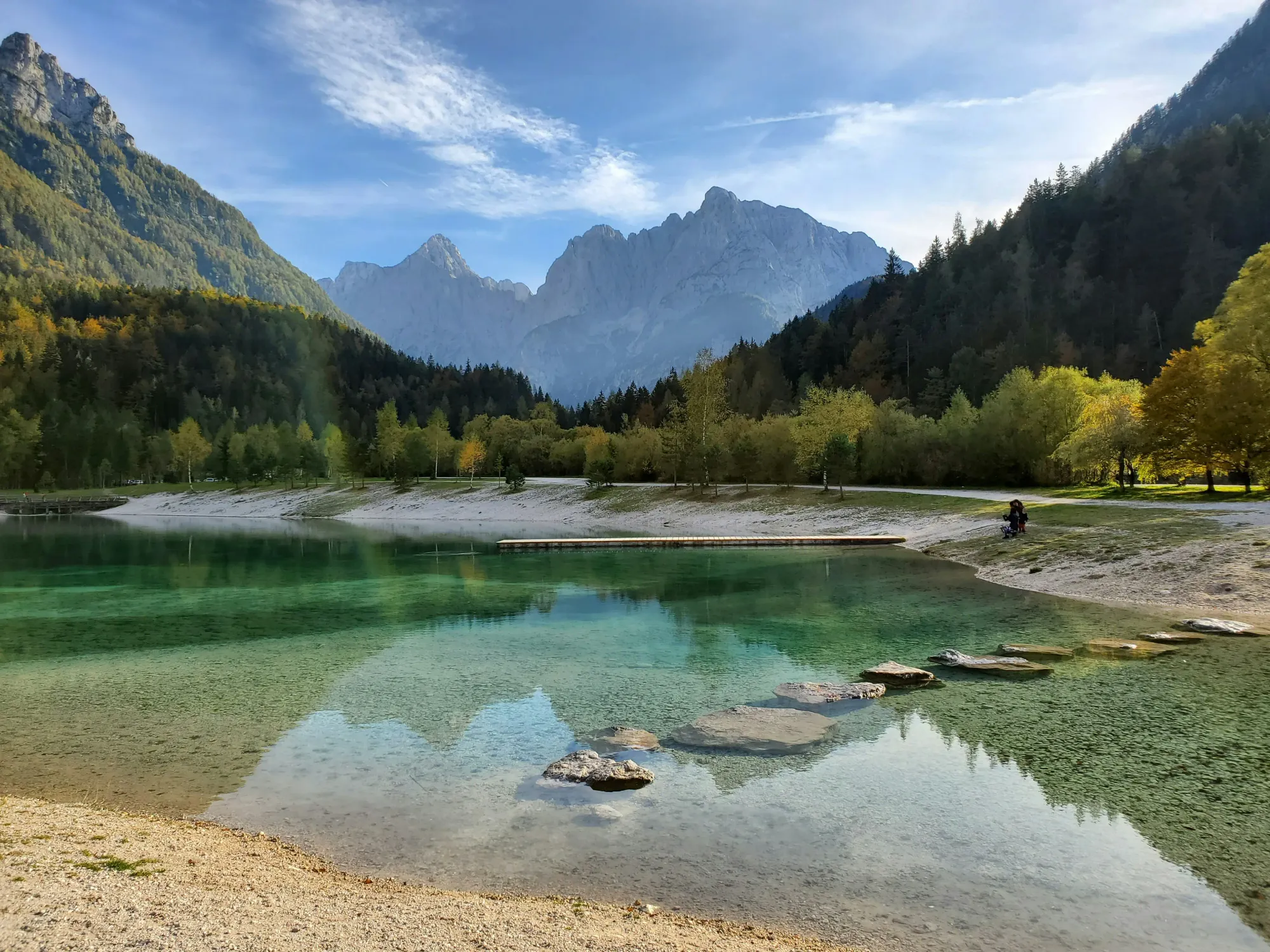
Slovenia's commitment to a low-tech experience is evident in its unique accommodations, such as glamping resorts and certain boutique hotels, which intentionally limit or remove electronic devices, creating sanctuaries where guests are compelled to unplug and reconnect with their inner selves and the natural world.
Recommended area for unplugging:
The Trenta Valley, deep within Triglav National Park, is remote with steep terrain, which naturally weakens or eliminates mobile phone signal, compelling visitors to unplug. This valley, carved by the Soča River, offers a complete break from technology through immersive outdoor activities like hiking and rafting, and features accommodations that offer structured "digital detox" programmes, replacing screen time with yoga, creative workshops, and intense engagement with the Alpine landscape.
5. Estonia
(57.1% of forestry)
Estonia offers a wonderful option for a digital detox with its vast, untouched, and sparsely populated wilderness. Over half the country is covered by forests and unique bog landscapes, which provide silent, remote sanctuaries that are perfectly suited for profound disconnection.
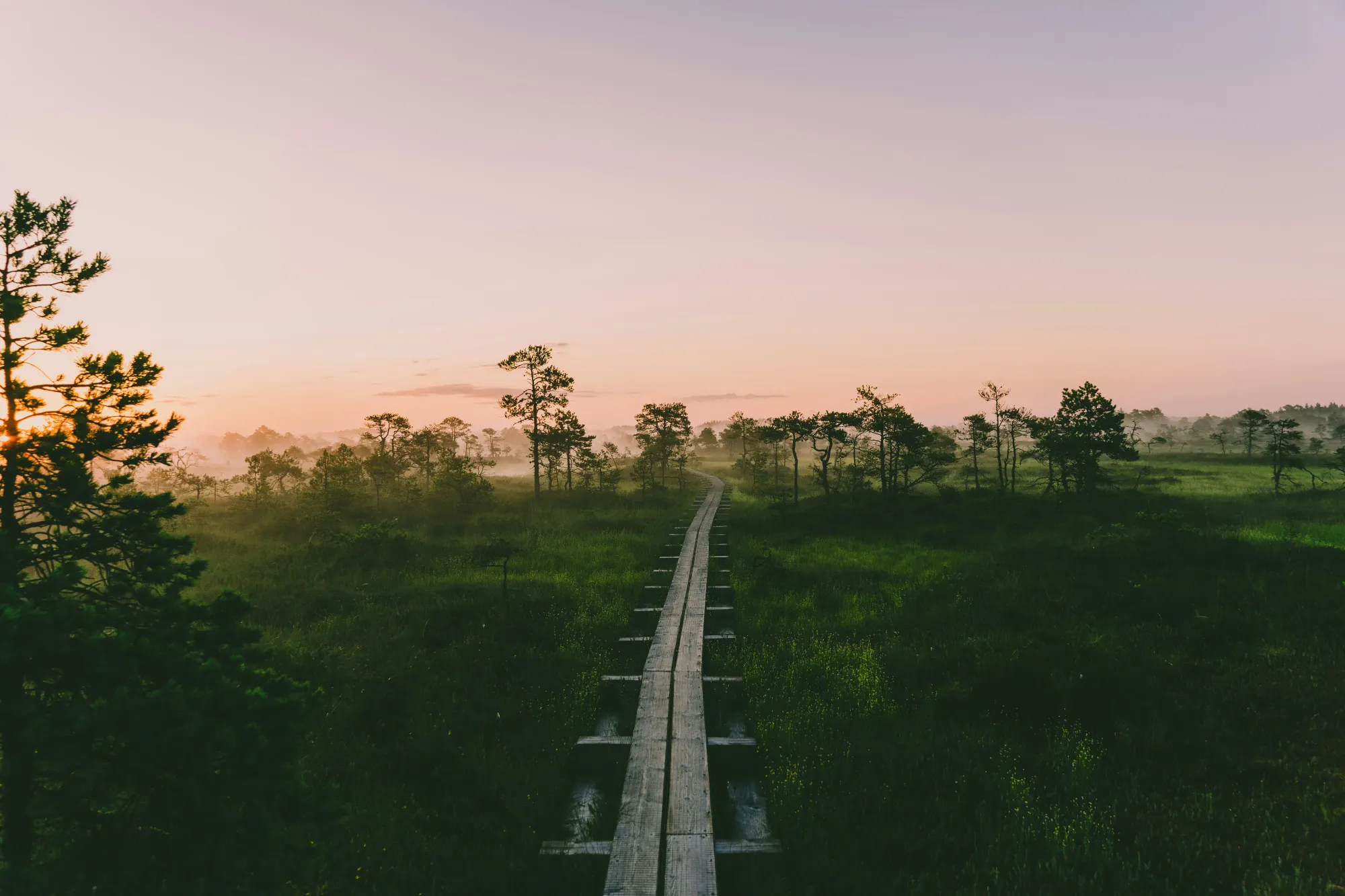
Visitors can engage in screen-replacing activities such as bog-shoe hiking, wild swimming in bog lakes, and participating in the traditional smoke sauna rituals, staying in off-grid glamping sites or forest cabins that isolate them from the digital world.
Recommended area for unplugging:
The sparsely populated regions of South Estonia, particularly Soomaa National Park, are great for digital detoxing because of their low population density and wetlands that create tranquillity, forcing an immediate break from screens. The area’s culture is tied to nature and traditional practices, which support an analogue lifestyle. Partake in experiences like learning the ancient UNESCO-listed dugout canoe craft, picking mushrooms and berries with locals, or enjoying a traditional wood-fired smoke sauna followed by a cold dip in a bog lake.
A cruise is the ultimate digital detox, letting you trade screen time for stunning scenery and total relaxation. Explore incredible destinations worldwide, from Europe, to North America and Asia, without having to unpack more than once.
We offer a variety of cruise types that cater to all, including all-inclusive cruises, family cruises, luxury cruises, river cruises, and more. Book your next adventure with us today and look forward to a holiday of a lifetime.
*Study from the London School of Economics and Political Science.